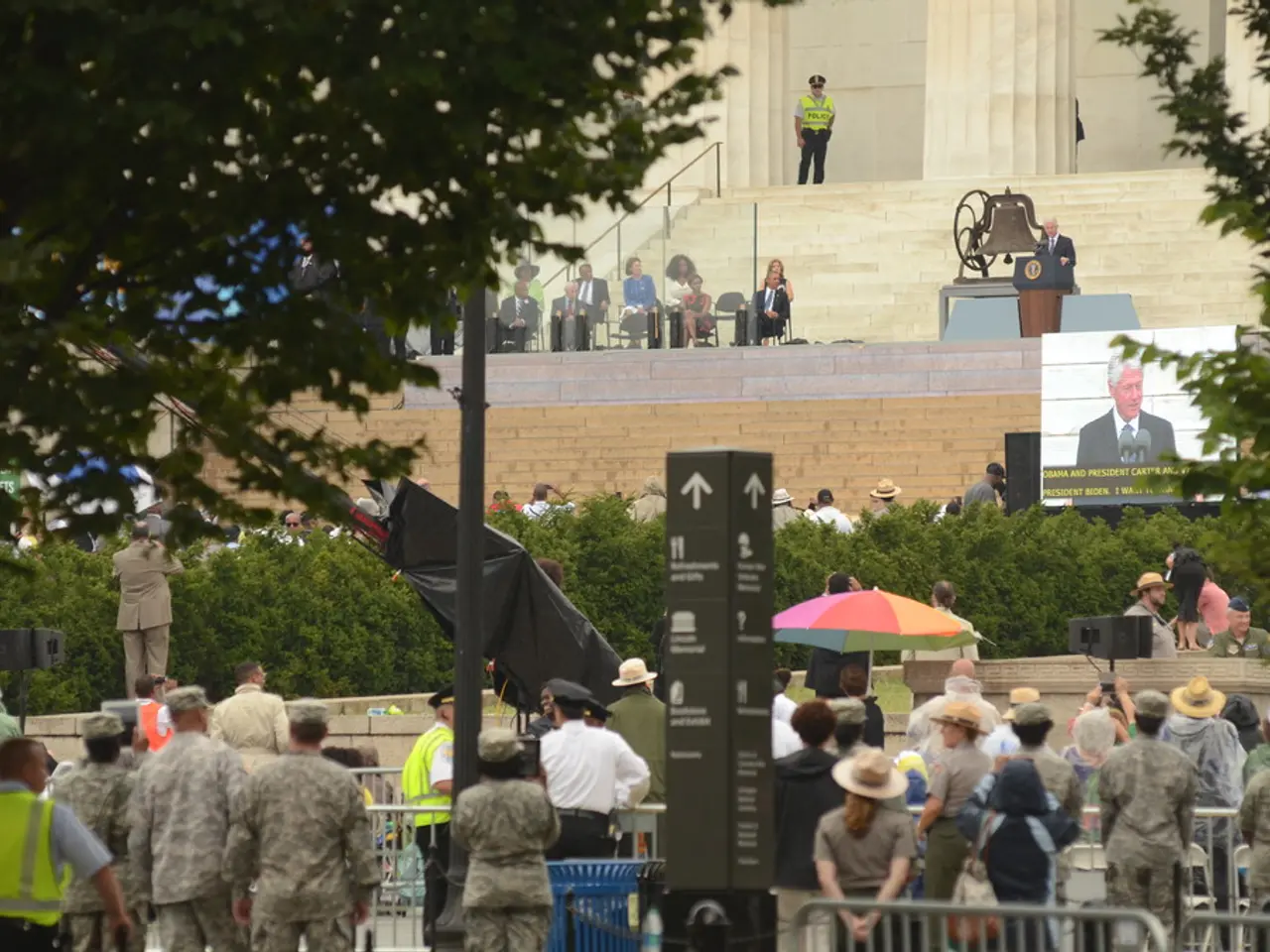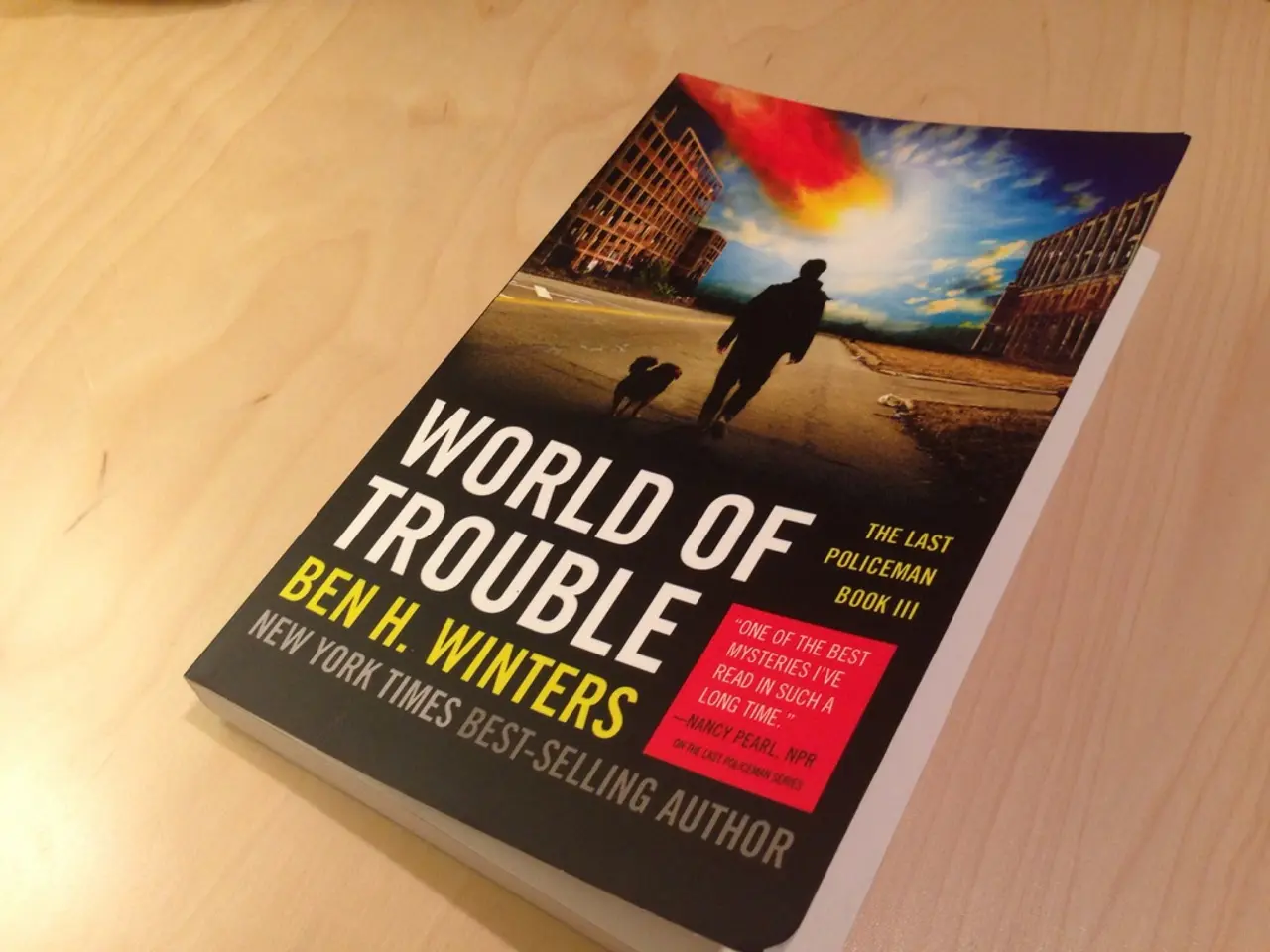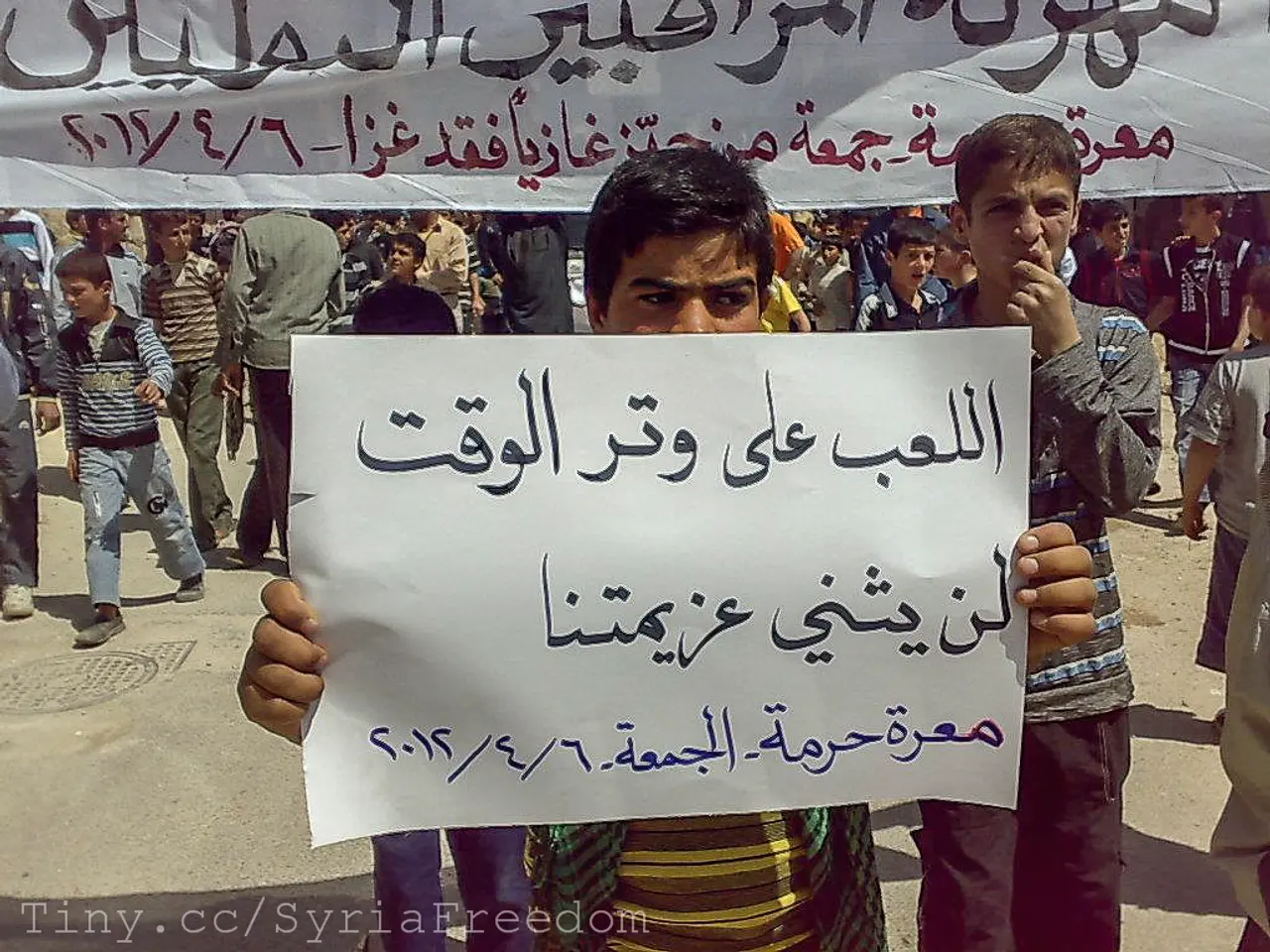Controversies escalate as Iran denies nuclear talks with Trump post-ceasefire
Iran declines negotiations with Trump: No talks scheduled as per current state
After a humongous twelve-day clash with Israel, a ceasefire has taken effect. The world now watches as both parties assess the damage caused to their respective territories, particularly Iran's nuclear facilities.
A mixed bag of assessments
Iran's spiritual leader, Ayatollah Ali Chamenei, tries to downplay the impacts of the attacks on Iran's nuclear infrastructure, stating in a televised message that they were nothing significant. However, Iran's Foreign Minister, Abbas Araghtchi, paints a different picture, describing the damage as "severe." Yet, Araghtchi has also insisted that there are no plans for a return to the negotiating table, refuting Trump's claims of planned nuclear talks.
Trump vs. Araghtchi: The battle of words
The United States President has defiantly announced that further talks over Iran's nuclear program are to go down in the foreseeable future. Araghtchi, though, has vehemently denied these allegations. "There is no agreement, no arrangement, and no talks about the resumption of new negotiations," he firmly states.
The catch-22 of Iran's nuclear program
Iran alleges its nuclear program is for peaceful purposes and denies aims to create nuclear weapons. The International Atomic Energy Agency (IAEA) confirms that Iran currently has sufficient nuclear material to construct nine nuclear weapons, given further enrichment. Tensions have risen following the IAEA's June 2025 declaration of Iran as non-compliant with its nuclear safeguards obligations. In response, Iran has promptly suspended all cooperation with the IAEA and stepped up its nuclear program's progression.
EU's strategic advantage in potential negotiations
German Foreign Minister Johann Wadephul seems optimistic about Europe's position in potential negotiations surrounding the Iranian nuclear program. The Europeans hold the so-called snapback mechanism, which could reimpose stringent UN sanctions against Iran with minimal resistance. This leverage tool offers the Europeans significant advantages in negotiating a solution.
Notable Insights:
- The IAEA has confirmed that key Iranian nuclear sites, including Fordow, Natanz, and Esfahan, were hit by U.S. aerial strikes during the conflict with Israel.
- Iran has enough nuclear material to construct nine nuclear weapons if enriched to weapons-grade levels.
- Iran dismissed the IAEA's June 2025 resolution declaring it non-compliant with its nuclear safeguards obligations as politically motivated.
- Iran has announced acceleration measures for its nuclear program in response to international pressure and the IAEA resolution.
- The EU, with the snapback mechanism, has significant leverage over Iran in potential nuclear negotiations.
Sources: ntv.de, raf/dpa/AFP
- Amidst the escalating tensions over Iran's nuclear program, the European Union (EU) holds a strategic advantage, as it possesses the snapback mechanism, capable of reimposing stringent United Nations sanctions against Iran with minimal resistance, providing significant leverage in potential negotiations.
- The controversy regarding Iran's nuclear policies amplifies as the European Union and the International Atomic Energy Agency (IAEA) question Iran's compliance with its nuclear safeguards obligations, while Iran dismisses the IAEA's June 2025 resolution as politically motivated and responds by accelerating its nuclear program's progression. This complex situation requires careful diplomacy and policy-making, as this issue is not just about nuclear agreements but also war-and-conflicts, policy-and-legislation, and politics, all of which are crucial components of general-news coverage.





